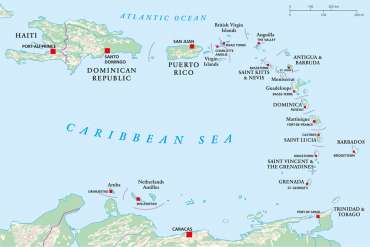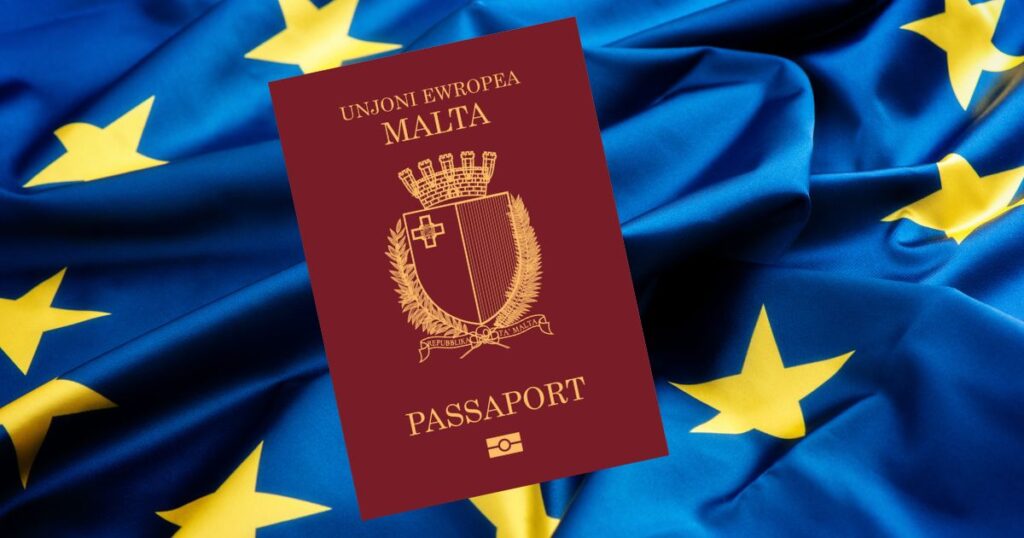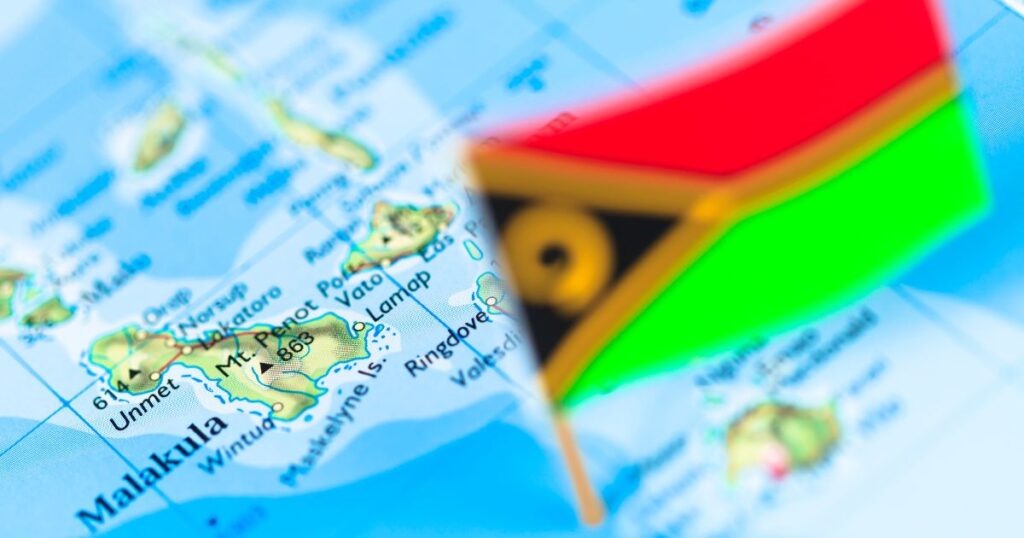The OECS is a Regional Grouping of 11 countries in the Eastern Caribbean. The Free Movement of people in the Eastern Caribbean is limited to a space known as the OECS Economic Union (ECEU). The OECS Economic Union or the ECEU was established on June 18th 2010 through the signing of the Revised Treaty of Basseterre (RTB). It constitutes a single financial and economic space within which all factors of production including goods, services, capital, enterprises and people are able to move freely throughout the Economic Union Area which comprises seven (7) Protocol Member States:
- Antigua and Barbuda,
- Commonwealth of Dominica,
- Grenada,
- Montserrat,
- Saint Kitts and Nevis,
- Saint Lucia and
- Saint Vincent and the Grenadines.
The key elements of the free movement of persons in the OECS Economic Union include the following:
1. Indefinite Stay: OECS Citizens and their family members (spouse and dependents) can live in any Protocol Member State Indefinitely receiving an indefinite stay stamp upon arrival (OECS Free Movement Indefinite Stay Stamp)
2.Hassle-free Travel: OECS Citizens can travel with the ECEU with a government issued ID such as a driver’s license, national identification card and voter cards.
3. Mutual Recognition of Driver’s License – OECS Citizens can also drive within any Protocol Member State using a valid driver’s license issued by their home country.
4. No Work Permit: OECS Citizens and their third-country spouse can work in any Protocol Member State without obtaining a work permit.
5. Social Security: OECS Citizens and their spouse are entitled to the portability of both long-term and short-term social security benefits.
6. Contingent Rights: OECS Citizens and their spouse and dependent(s) (including those of a third-country nationality) have equal access to numerous rights and freedoms with respect to employment, education, healthcare and social protection within the host Protocol Member State when they move between Member States. of residence. These are fully expressed in the OECS Contingent Rights Policy.
The OECS Commission through the Regional Integration Unit (RIU) of the Division of Economic Affairs and Regional Integration (EARID) is currently implementing..
- OECS ID for mutual recognition and authentication across borders
- Harmonized Border Management Systems and Procedure
- Investment in ICT at the Borders (installation of Kiosk Machines and implementation of Online Embarkation and Disembarkation forms)
The OECS Commission is seeking to accelerate the free movement of persons and the ECEU in general. Initiatives aimed at strengthening the regime include labour migration, social security benefits portability, access to education and healthcare, social development, intra-regional transportation, intra-regional trade, national border security, access to digital services and consumer protection which were all topics of discussion with a wide cross-section of national stakeholders.
The Organisation of Eastern Caribbean States (OECS) Commission has commenced a series of country missions to the Protocol Member States. Between November 5 to December 7, 2023, stakeholder consultations were held in Antigua and Barbuda, the Commonwealth of Dominica, Grenada, St. Kitts and Nevis, Saint Lucia and Saint Vincent and the Grenadines. The engagements will be finalised in January 2024 following discussions with senior officials from Montserrat. These recommendations will form part of a report which will be reviewed by the OECS Authority in 2024 for further action.





